Broad-based economic growth is essential to sustainable, long-term development.
It creates the opportunities impoverished households need to raise their living standards, provides countries with the resources to expand access to basic services, and—most important of all—enables citizens to chart their own prosperous futures.
Despite incredible progress that has reduced poverty levels in every region of the world and helped dramatically accelerate growth in sub-Saharan Africa, the global economic crisis has slowed growth worldwide. Today, three quarters of the world’s poor don’t have a bank account, and access to capital remains a significant barrier throughout the developing world.
To overcome these challenges and advance rapid, sustained and broad-based growth, we are focused on:
- Mobilize new investors and private capital to underserved sectors and geographies, to create productive jobs, new economic opportunities, and enhance access to and quality of services – from financial and energy to health and education;
- Giving people access to markets, where they can sell their goods and services and play a productive role in their economies;
- Making governments more efficient in how they spend their money, to limit waste, strengthen investment and provide better services for citizens;
- Improving infrastructure like roads, bridges, water supply and electrical grids, critical to lifting the limits on a country’s growth;
- Working with private-sector companies to spur economic development, so that citizens can participate in a vibrant economy that allocates resources wisely; and
- Encouraging local channels of financing, empowering entrepreneurs in developing countries to improve their lives and shape their own futures.
Our economic growth programs also help build new markets for the United States by expanding trade and supporting the emergence of middle-class consumers that can buy U.S. goods and services. And we know that stable economies are less vulnerable to crises, terrorist activities and international crime.
To date, we’ve helped:
- Transition Eastern and Central Europe to market-based economies by assisting with reforms of the commercial legal systems in 15 countries;
- Support the integration of more than 28 countries into the World Trade Organization, facilitating fair trade among countries, including many countries in Eastern Europe as well as Vietnam, Cambodia and Nepal;
- Mobilize up to $2.3 billion in private financing for more than 100,000 entrepreneurs around the world over the past 12 years, through USAID's Development Credit Authority, which uses partial credit guarantees to mobilize local financing and encourage private lenders to extend financing to new sectors and regions;
- Assist partner countries to reform the energy sector in areas suffering from conflict and natural disasters, including Afghanistan and Haiti, helping energy utilities become self-sufficient without need for government subsidies.







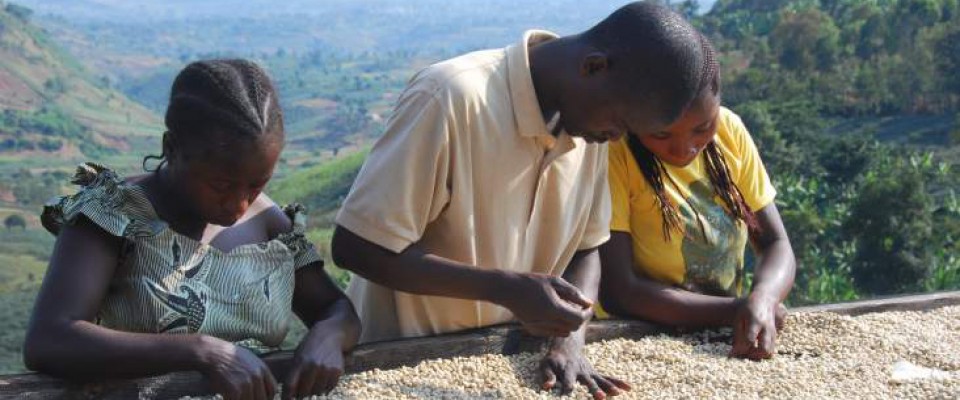
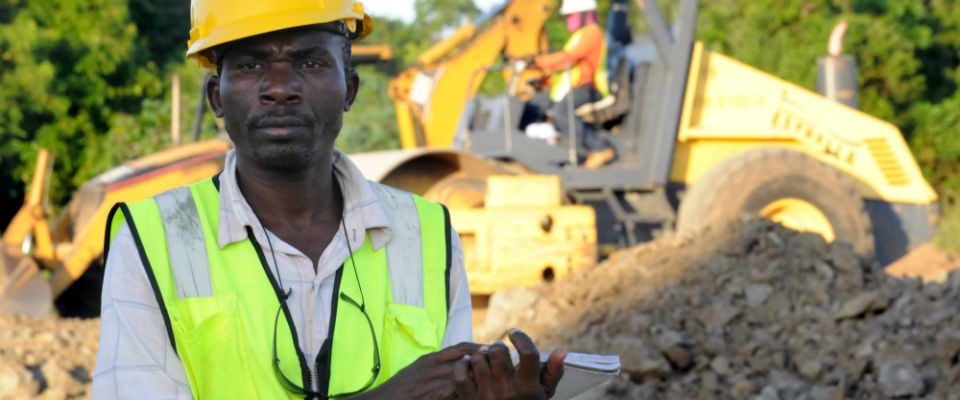
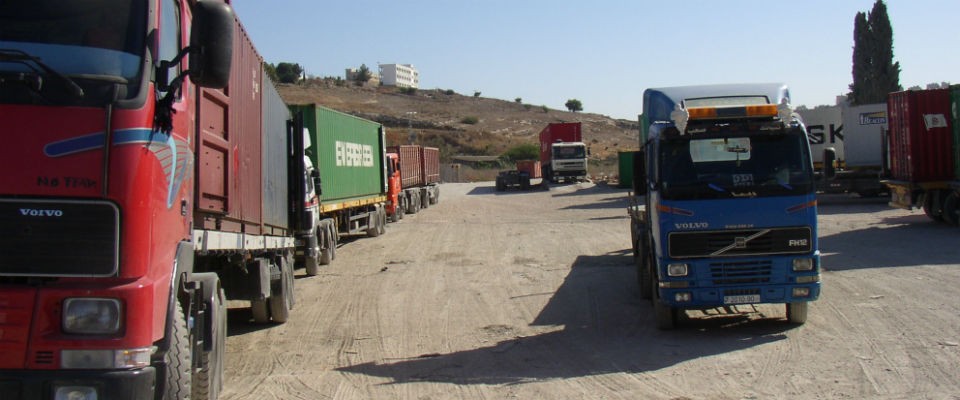
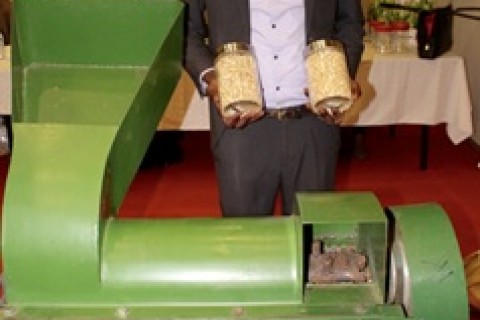
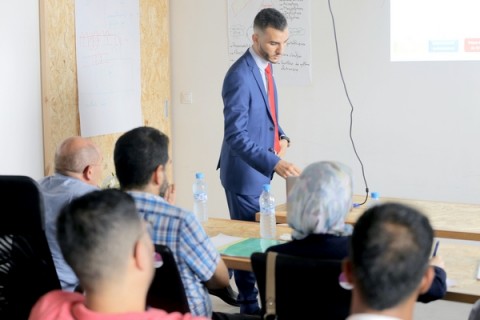
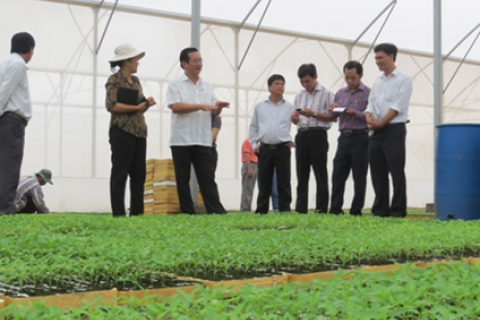

Comment
Make a general inquiry or suggest an improvement.